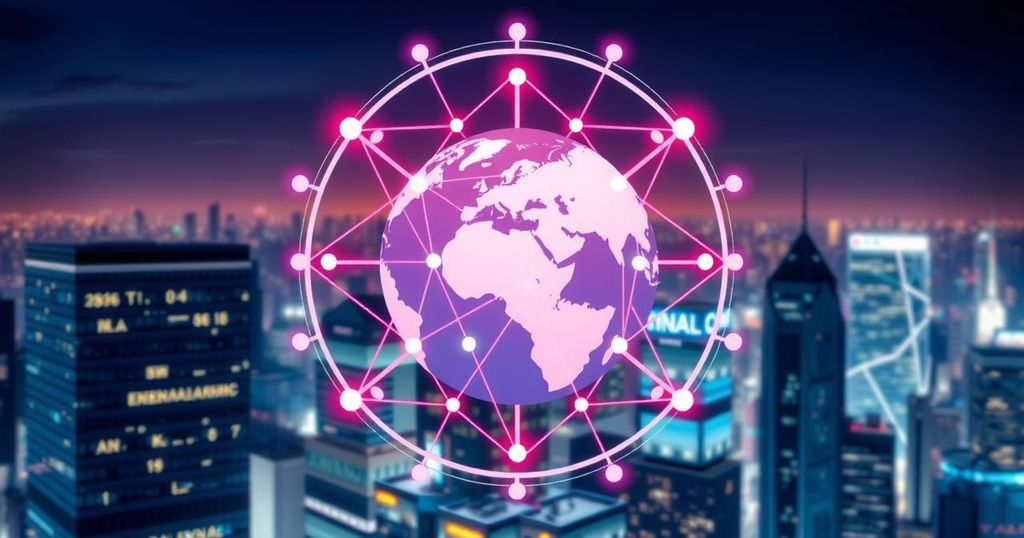China’s Foreign Minister Wang Yi confirms attendance at the G20 meeting in South Africa, contrasting with the absence of U.S. representatives. Trump’s criticisms of South Africa and potential non-attendance raise concerns about U.S. involvement in international diplomacy. These developments suggest a significant geopolitical shift, with China potentially filling the void left by the U.S. in global discussions.
The recent G20 foreign ministers’ meeting in South Africa has raised questions regarding the potential impact of the United States’ absence on global diplomacy. Chinese Foreign Minister Wang Yi is confirmed to attend, illustrating China’s commitment to international cooperation, in stark contrast to the ‘America first’ agenda promoted by former President Donald Trump. Concerns mount over Trump’s participation in the upcoming G20 summit in November, where the presidency will transition to the U.S. for 2026.
The G20 meeting will feature a series of critical discussions beginning with the foreign ministers’ gathering from February 20-21, followed by meetings of finance ministers and central bank heads from February 26-27 in Cape Town. U.S. Treasury Secretary Scott Bessent has yet to confirm his attendance, adding uncertainty to the U.S. role in these discussions.
Trump’s prior criticisms of South Africa’s policies, specifically accusations of land confiscation and alleged mistreatment of certain demographics, have escalated diplomatic tensions. He has responded by halting U.S. aid to South Africa pending an investigation into the Expropriation Act, which allows the government to expropriate land for public use with compensation. This shift not only impacts bilateral relations but also highlights the evolving geopolitical landscape.
In conclusion, China’s participation juxtaposed with the United States’ potential withdrawal underscores a significant shift in global diplomatic dynamics. The upcoming G20 meetings may showcase China’s increasing influence on international matters, while the U.S. faces criticism over its foreign policy approach. As the G20 prepares for critical discussions, the decisions made by both nations will shape future global cooperation and relations.
Original Source: www.scmp.com






